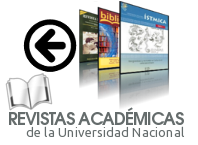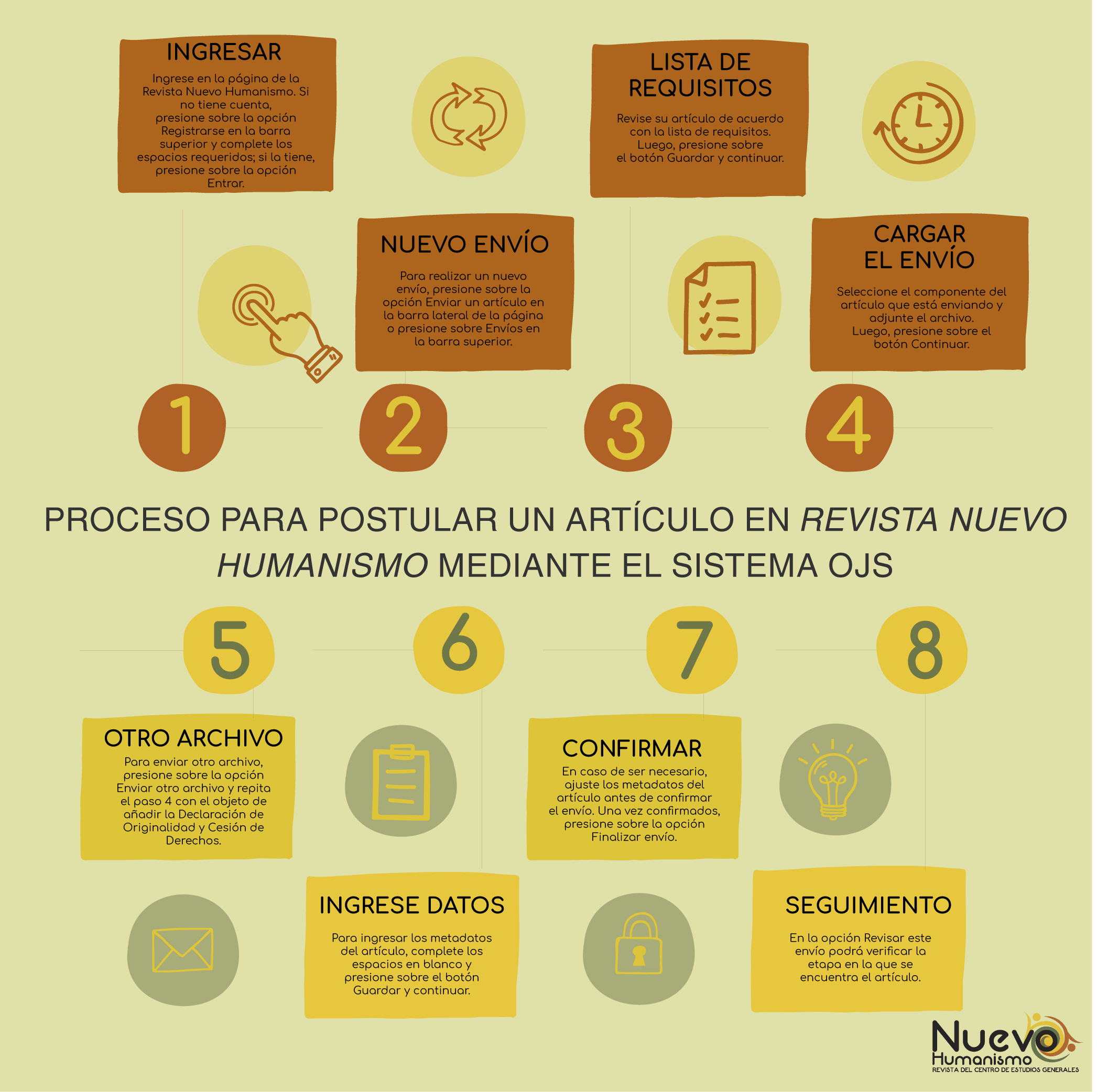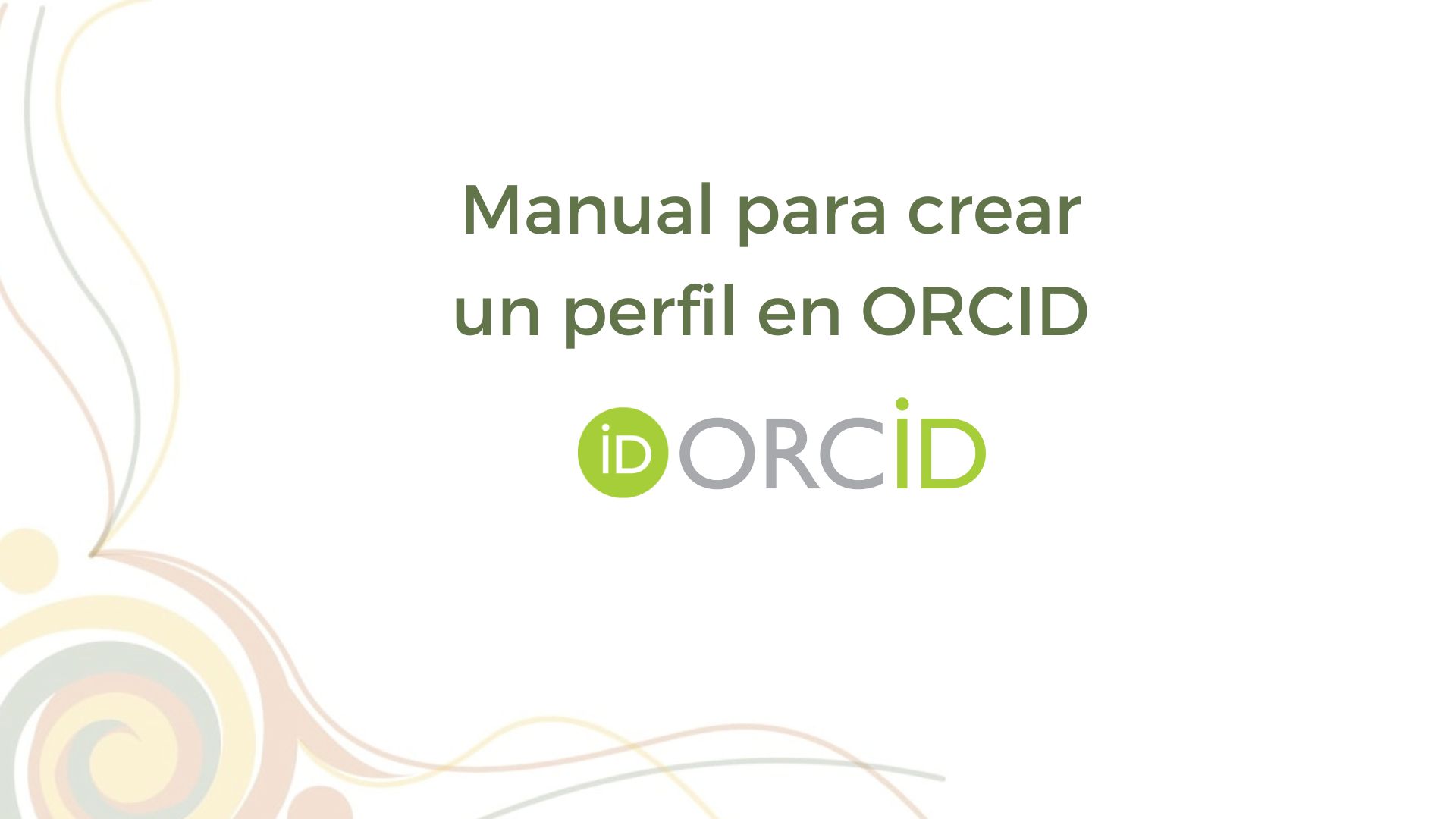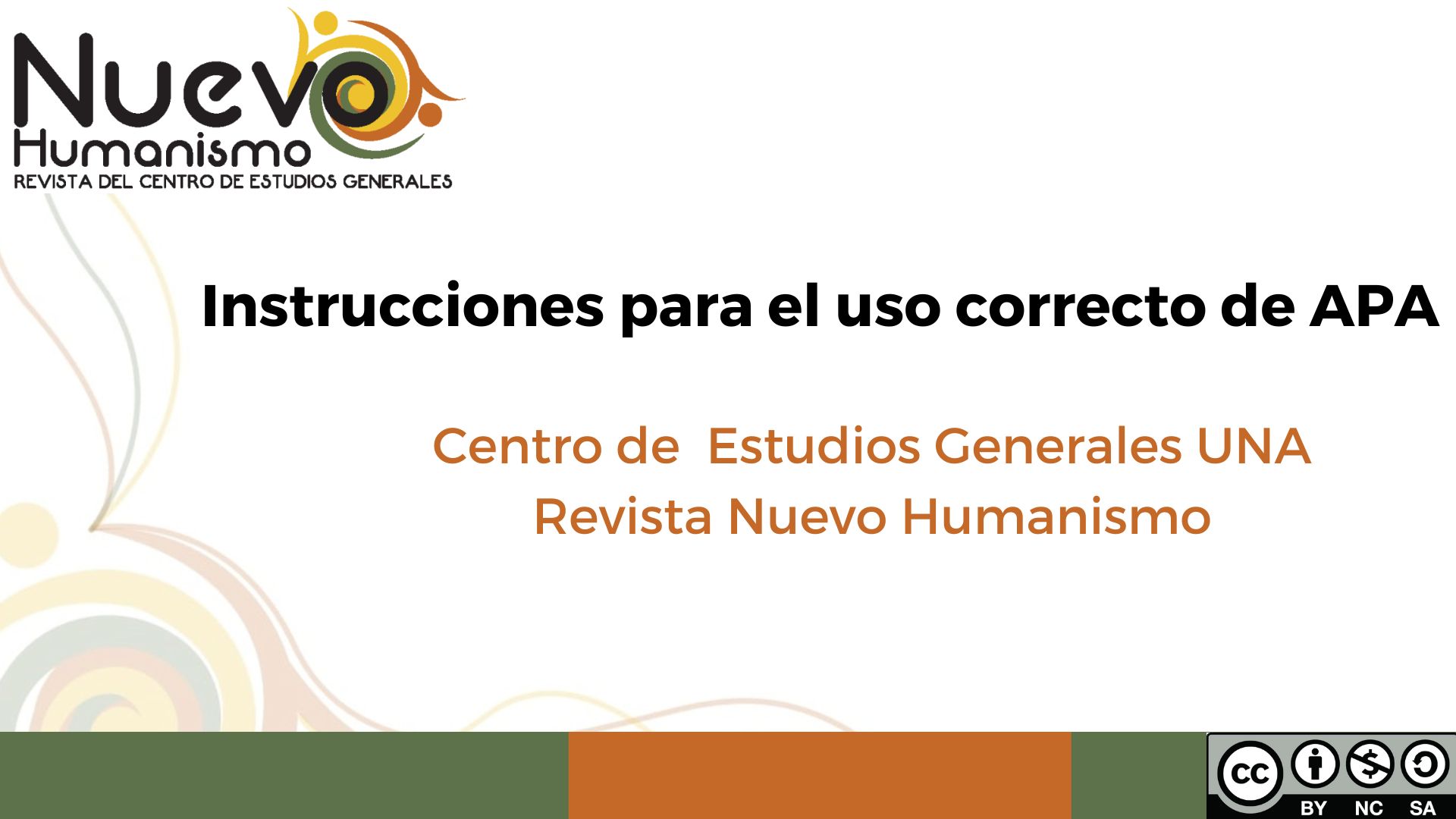Complex systems and interdisciplinary research: examples of application to the phenomenon of criminality in Ecuador and Costa Rica
DOI:
https://doi.org/10.15359/rnh.12-2.20142Keywords:
social sciences, criminality, epistemology, interdisciplinary research, complex systemsAbstract
Introduction. The epistemological implications of assuming Rolando García’s complex systems theory in social research are reviewed. Humanism is assumed as an affirmation that human beings are endowed with the capacity to formulate narratives about their nature, to search for an ideal of freedom and to be protagonists of their emancipation in the face of phenomena of structural violence such as that provoked by criminality in contemporary capitalism. Objective. The purpose is to reflect on how the interdisciplinary research method becomes indispensable to approach phenomena of heterogeneous elements that cannot be studied in isolation from the monodiscipline and that have the highest levels of complexity, when they are social systems. Methodology. Some examples of the application of the interdisciplinary research method to study complex systems such as the phenomenon of crime in Latin American countries experiencing recent crime booms are proposed. For this purpose, the case of crime in Ecuador and Costa Rica is chosen because they have characteristics that define them as booming systemic crises. Results. Subsystems are recognized in the scheme of criminality composed of phenomena that respond to the study of different domains of scientific knowledge but that must be approached as an organized whole in order to be understood at their respective levels of complexity. Conclusions. It is recognized that scientific progress is associated with every humanistic “outbreak” in history and that an interdisciplinary method for the study of social systems is a necessary contribution in the midst of the crises of capitalism that awaken phenomena such as modern criminality in countries once considered as an example of social cohesion.
References
Arce, C.E. (2022). Diferencias y pasos del Humanismo al Nuevo Humanismo. Revista Nuevo Humanismo, 10(1), 1-29. https://doi.org/10.15359/rnh.10-1.3
Banco Mundial. (2016). Taking on inequality. Poverty and shared prosperity 2016. World Bank Group. https://openknowledge.worldbank.org/server/api/core/bitstreams/bebd3e0f-05ed-5c5f-9031-4764534449ae/content
Baraona, M. (2016). La trama y los hilos: Modernización capitalista y las cuatro espirales de la modernidad. EUNA.
Baraona, M. y Mora, J. (2017). Hacia una epistemología del Nuevo Humanismo. EUNED.
Baraona, M. (2021). El primer brote: origen del humanismo. (2021). Revista Latinoamericana de Derechos Humanos, 32(1), 1-26. https://doi.org/10.15359/rldh.32-1.5
Baraona, M. (2022). Humanismo, complejidad e interdisciplina. EUNA.
Bunge, M. (2002). Epistemología. Siglo XXI.
Bunge, M. (2013). La ciencia, su método y filosofía. Editorial Laetoli, S. L.
Comte, A. (2007). Discurso sobre el espíritu positivo. Alianza Editorial S.A.
Chomsky, N., y Foucault, M. (2006). The Chomsky-Foucault Debate: On Human Nature. New Press.
Chomsky, N. (2017). ¿Qué clase de criaturas somos? Paidós.
Darwin, C. (1859). The origin of the species: by means of natural selection or the preservation of favoured races in the struggle for life. Jhon Murray.
DeCasper, A., y Spence, M. (1986). Prenatal maternal speech influences newborns’ perception of speech sounds. Science, 9(2), 133-150. https://doi.org/10.1016/0163-6383(86)90025-1
Engels, F. (1961). Dialéctica de la naturaleza. Grijalbo.
García, R. (2000). El conocimiento en construcción: de las formulaciones de Jean Piaget a la teoría de sistemas complejos. Gedisa.
García, R. (2006a). Epistemología y teoría del conocimiento. Salud Colectiva, 2(2), 113-122. https://www.redalyc.org/pdf/731/73120202.pdf
García, R. (2006b). Sistemas complejos: conceptos, método y fundamentación epistemológica de la investigación interdisciplinaria. Gedisa.
Hanson, N.R. (1977). Patrones de descubrimiento. Observación y explicación. Alianza Editorial S.A.
Harvey, D. (2005). Breve historia sobre el neoliberalismo. Ediciones Akal.
Instituto Nacional de Estadística y Censo. (2019). Encuesta Nacional de Hogares:Resultados generales. INEC. https://admin.inec.cr/sites/default/files/media/reenaho2019_2.pdf
Kuhn, T. (1962). La estructura de las revoluciones científicas. Fondo de Cultura Económica.
Ministerio de Justicia y Paz. (2024). Costa Rica, análisis sobre homicidios dolosos. UNDP. op-homicidios-4t-2023-cr-esp[1].pdf
Morin, E. (1984). Ciencia con consciencia. Anthropos.
Muñoz, D. (2022). Humanismo: innatismo y construcción: Reflexiones sobre el debate entre Chomsky y Piaget. Revista Nuevo Humanismo, 10(1), 1-29. https://doi.org/10.15359/rnh.10-1.2
Muñoz, D. (2023). Génesis del auge criminal en Costa Rica 2010 - 2017 [Tesis de maestría]. Universidad Nacional de Costa Rica. Génesis del auge criminal en Costa Rica. 2010-2017
Muñoz, D., y Gómez, J. D. (2023). Los conceptos de la investigación interdisciplinaria. Revista Nuevo Humanismo, 11(2), 69-92. https://doi.org/10.15359/rnh.11-2.3
Marx, K. (1867). El Capital: crítica de la economía política. Verlag von Otto Meisner.
Newton, I. (1687). Philosophiae naturalis principia mathematica. Jussu Societatis Regiae ac typis Josephi.
Organismo de Investigación Judicial. (2013). Reporte de situación Costa Rica 2013: Tráfico de drogas y amenazas del crimen organizado en Costa Rica. https://shre.ink/gbWX
Piaget, J. (1970). La epistemología genética y la ciencia contemporánea. Gedisa.
Piaget, J. (1995). El estructuralismo. Publicaciones Cruz.
Piaget, J., y García, R. (1982). Psicogénesis e historia de la ciencia. Siglo XXI.
Poder Judicial. (13 de febrero de 2021). Estadísticas e indicadores en línea https://planificacion.poder-judicial.go.cr/index.php/estadisticas-eindicadores/estadisticas-e-indicadores-en-linea
Piattelli-Palmarini, M. (1983). Teorías del lenguaje, teorías del aprendizaje: el debate entre Jean Piaget y Noam Chomsky. Editorial Crítica.
Pinker, S. (1994). El instinto del lenguaje. Alianza editorial.
Ruiz, J. (2022). EL antropoceno. Definición y lecturas básicas. Historia Actual, 58, 193-208. https://dialnet.unirioja.es/servlet/articulo?codigo=8502746
Russell, B. (2003). Ensayos filosóficos. Alianza Editorial S.A.
Vega, M. (2012). Desigualdades y conflictos: las clases medias en Costa Rica. Pensamiento iberoamericano, 10, 169-188. https://dialnet.unirioja.es/servlet/articulo?codigo=3944498
Vega, R. (2019). El capitaloceno: crisis civilizatoria, imperialismo ecólogico y límites naturales (1era edición). Editorial Teoría & Praxis, 2019.
Published
How to Cite
Issue
Section
License
Copyright (c) 2024 R. David Muñoz Morales

This work is licensed under a Creative Commons Attribution-NonCommercial-ShareAlike 4.0 International License.











